Making the right decision for your eCommerce business can be difficult. You want to make sure you select one that will grow with your business and offer all the features you need. So, which is the best platform – BigCommerce vs Shopify?
While both BigCommerce and Shopify offer unique features, they also have their own differences. This morning we went through it and compared the two side by side to see what sets them apart from each other in terms of functionality for eCommerce websites – so if you’re looking into launching an online store soon, then this article will give some great insight!
We hope that it will help you decide which is the best option for you.
What are BigCommerce and Shopify?
Both BigCommerce and Shopify are leading eCommerce platforms.
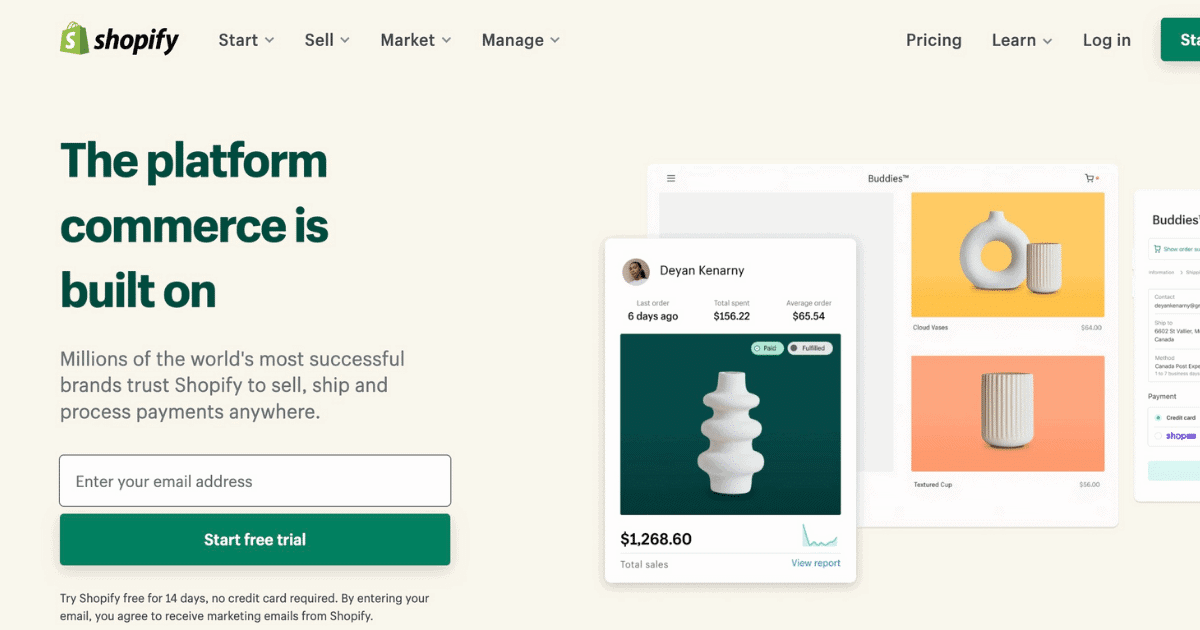
Launched in Ottawa, Canada, in 2006, Shopify was founded by Tobias Lütke and Scott Lake. It provides an eCommerce platform for small businesses to build, run and grow their online stores quickly. Users can create an online store with pre-designed templates and drag&drop tools without coding knowledge. In addition to payments, marketing, shipping, and customer engagement, Shopify provides a full suite of services for online retailers.
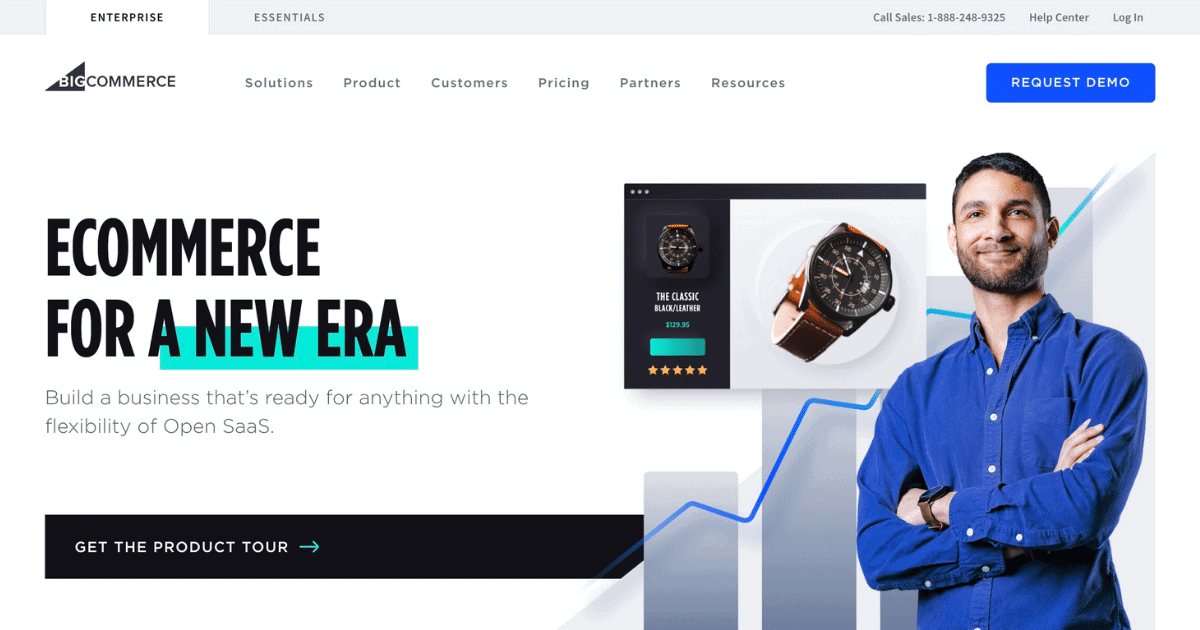
Established in 2009 in Sydney, Australia, BigCommerce was started by Eddie Machaalani and Mitchell Harper. They provide eCommerce solutions for small businesses. In addition to online store creation, search engine optimization, hosting, marketing, and security, the company offers solutions for small businesses to Enterprise-sized businesses.
Both companies are cloud-based, multi-channel eCommerce platforms that provide tools to manage your products, inventory, orders, customers, and more.
BigCommerce vs Shopify: Pricing comparison
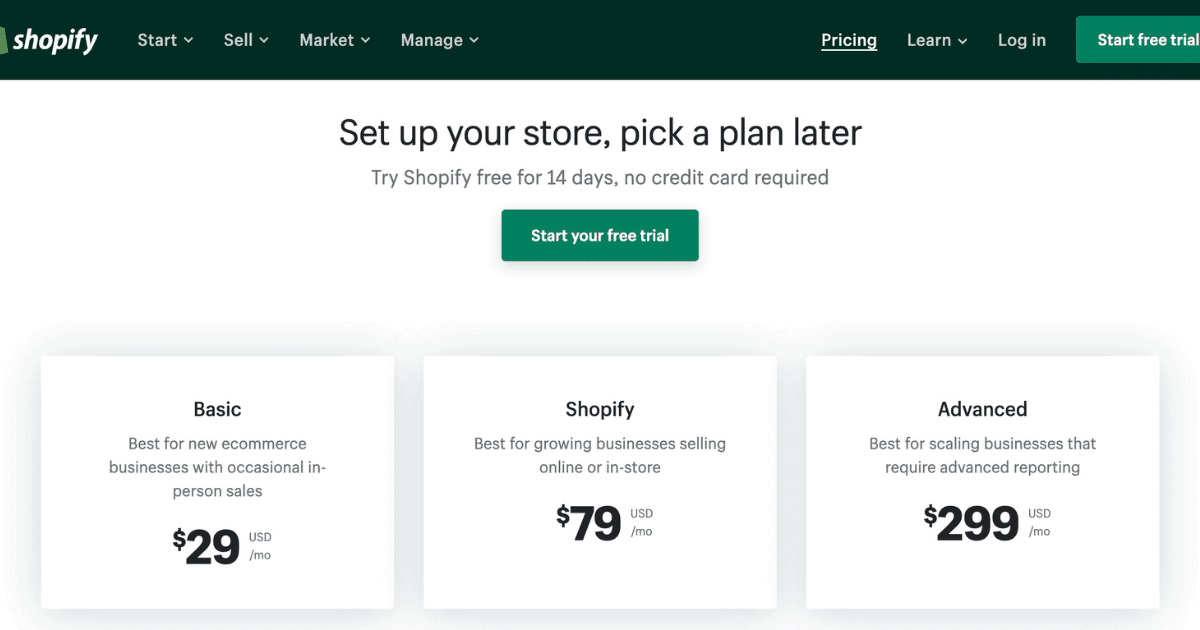
Shopify pricing-
Free trial- 14 days free trial without any credit card information.
Basic Shopify- $29USD/month. Basic Shopify is the best option for new eCommerce businesses that sell occasionally in-person
Shopify- $79USD/month. Ideal for businesses that want to sell online and in-store
Advance- $299USD/month. Suitable for scalable businesses with complex reporting needs.
>> Start your Shopify store here!
BigCommerce pricing
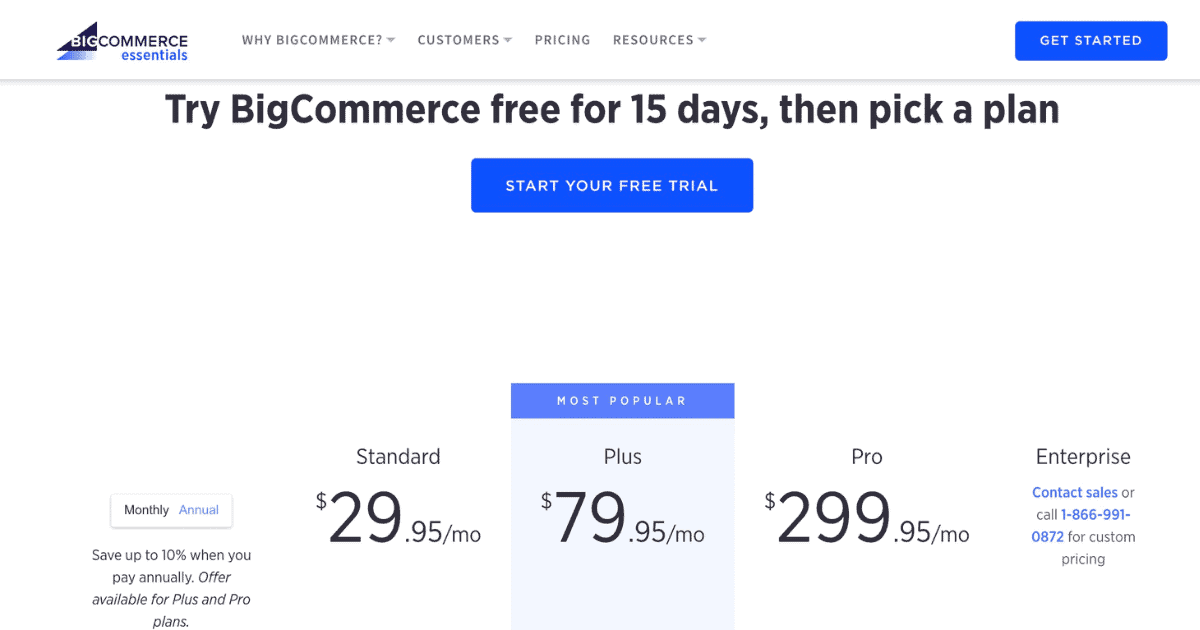
Free trial- 15 days free trial.
Standard- $29.95/m. Own a beautiful online store to sell online.
Plus- $79.95/m. Utilize conversion-boosting marketing tools to grow your online business.
Pro- $299.95/m. With comprehensive features, you can scale your business.
BigCommerce Enterprise- Custom pricing plan based on your specific needs. You need to contact them for your custom pricing.
Comparison of pricing –
We all know that pricing is an important consideration when making a decision. If you can’t afford something, then it’s really not worth buying in the first place!
Shopify is cheaper than BigCommerce when it comes to monthly fees. Shopify offers a basic plan for $29 and their highest plan for $299, while Bigcommerec offers a standard plan for $29.95 and their highest plan $299.95/m. With Shopify’s cheapest plan, you can have a “buy button” that will let people purchase from your website or any other site. You could even use it on social media!
What’s the deal with BigCommerce, you ask? Well, it seems that after your company makes more than $125K in sales every year (or three different times), they will try to upsell them into their Enterprise plan. Not only is this immensely expensive but also difficult for small businesses who can’t afford such an expense!
BigCommerce vs Shopify: Features Comparison
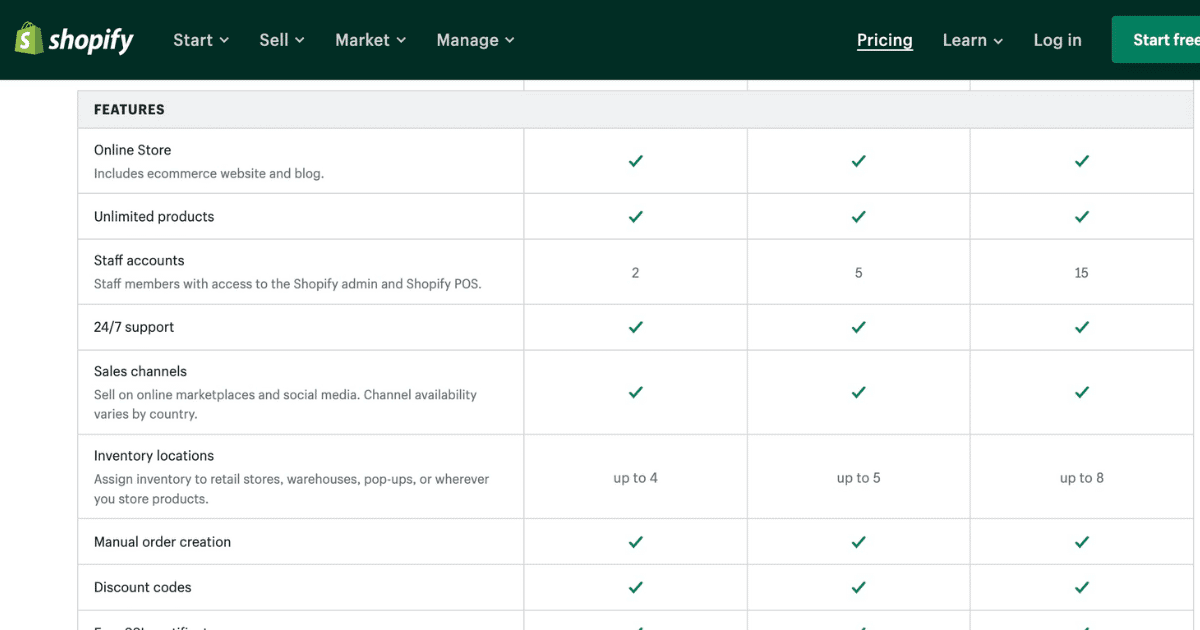
Shopify features-
- All plans include an eCommerce website and blog.
- Unlimited products access is available for all the plans.
- For three plans, the number of staff members with access to the Shopify admin and Shopify POS is 2,5, and 15.
- All plans offer 24/7 support.
- Each plan lets you sell on online marketplaces and social media. The availability of channels varies by country.
- Inventory locations for each plan (assign inventory to retail stores, warehouses, pop-up stores, etc.) – up to 4,5, and 8
- Manual order creation, Free SSL certificate, abandoned cart recovery, gift cards, and Discount codes are available for all plans.
- The Lite version lacks reports; others do.
- Offers competitive shipping rates through DHL Express, UPS, or USPS. Discounts start at 77% and go up to 88%.
- Fraud analysis is available for each plan.
- Online credit card rates are 2.9% + 30¢ USD, 2.6% + 30¢ USD, and 2.4% + 30¢ USD.
- In-person credit/debit card rates 2.7% + 0¢ USD, 2.5% + 0¢ USD, and 2.4% + 0¢ USD.
- Transaction fee required if not using Shopify Payments- 2.0%, 1.0%, and 0.5%.
- Assign translated languages to customers in different markets to provide a familiar shopping experience.
- Ensure conversion in each market by automatically converting prices into the local currency.
- Shopify Payments is required to display local payment methods for customers in specific markets.
- Estimate and collect duties and import taxes at checkout to clarify customers’ total cost. This feature is available on the advance plan only.
- Establish specific prices for products or product variants in each market to control your international pricing strategy better.
BigCommerce features-
- No additional transaction fees are required.
- Unlimited Products, file storage, and bandwidth for each plan.
- All the plans come with unlimited staff accounts.
- Sales Channels- Online storefront for selling on Amazon, eBay, Walmart, Facebook, Instagram, and Google Shopping.
- All the plans come with
-Page Builder, Mobile responsive website, BigCommerce mobile app,
-Single-page checkout, Google Pay, Apple Pay, Amazon Pay,
-Gift cards, Coupons discounts, Multi-currency, Real-time shipping quotes, Professional reporting tools,
-Built-in blog, Product ratings and reviews, Free Sitewide HTTPS, and Dedicated SSL.
- You will get ShipperHQ shipping rules engine facility for all the plans. Customer groups and segmentation, Persistent Cart, abandoned cart saver, and Stored credit cards are available for 3 plans, not available for the standard plan.
- Google customer reviews, Product filtering, and Custom product filtering are only available for pro and enterprise plans.
- Price Lists and Unlimited API Calls are available only for the Enterprise plan.
- Sales of online products per year (calculated as of the trailing 12-month period)
-Up to $50k, $180k, $400k and Custom
- 24×7 tech support by phone, chat, and ticket.
- Priority support, express routing, customer success management, API Support are available for the Enterprise plan only.
- Fee-free transactions with leading payment gateways.
- (Optional) Special credit card rates on Braintree for all plans-
-2.59% + $0.49 per transaction
-2.35% + $0.49 per transaction
-2.05% + $0.49 per transaction
-2.05% + $0.49 or lower per transaction
Comparison of Features
Shopify and BigCommerce both have a long list of features. The two platforms seem to be incorporating every new trend within the industry. Still, there isn’t much difference between them when it comes down to specific tools or options for customers who want something more customized than what these big companies offer at first glance.
Every eCommerce site-building software includes both negative and positive aspects. As we begin, we will examine some of the advantages and disadvantages of Shopify.
Pros and cons of Shopify
Pros of Shopify:
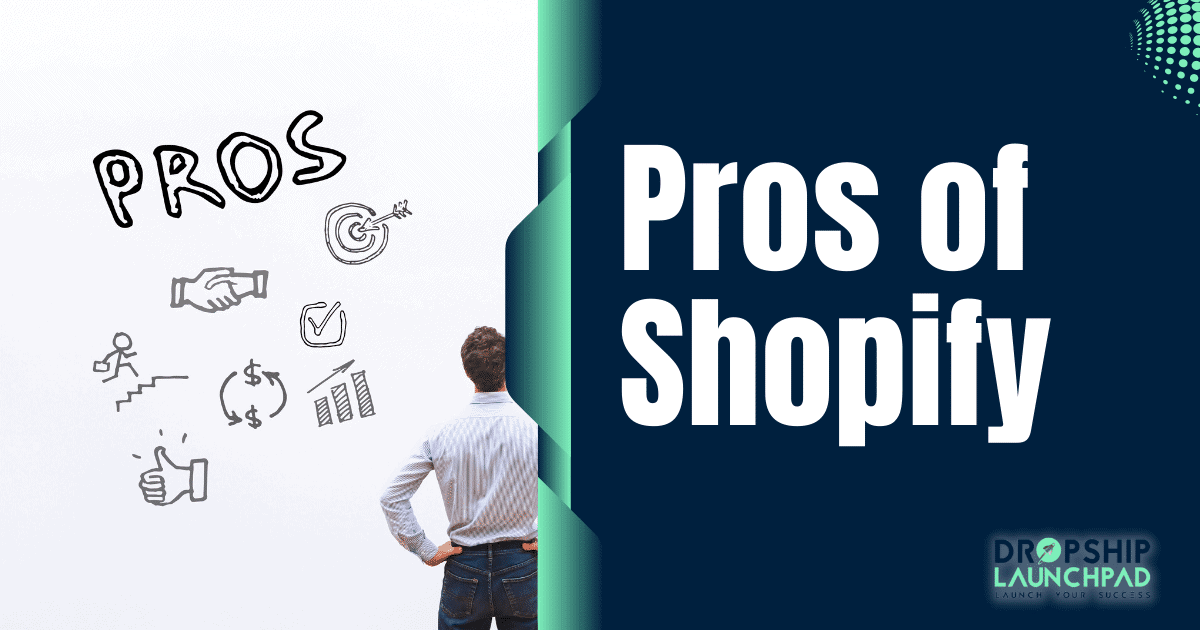
- The Shopify advance plan is an excellent choice for adding features, functionality, and customization options.
- Several themes are available for free to create a basic e-commerce website in minutes.
- There are over 6,000 Shopify apps in the Shopify app store, and merchants will typically use six of them to run their business.
- Several Shopify experts are on hand to help you out in a large community
- Multichannel selling via social media and other platforms
- Support is excellent, with a dedicated team available 24 hours a day
- You can easily import an existing e-commerce site to your Shopify account.
- There is a wide variety of themes and designs available
- You don’t have a limit on the number of products you can add to your shop.
- It also offers secure checkout and ensures that customers do not need to enter their credit card details every time they visit your online store, making it safe and secure for shopping online.
- Almost all the payment gateways and shipping carriers you need are present in Shopify. It even offers many advanced features such as abandoned checkouts, multiple users, role-based permissions, etc.
Cons of Shopify
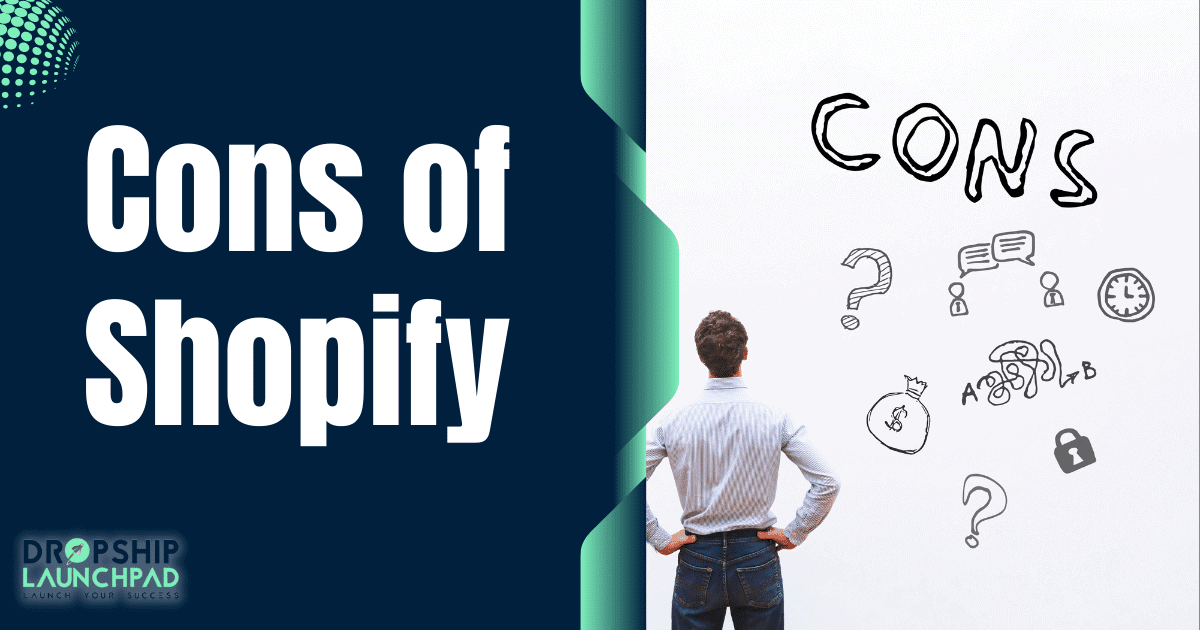
- Customers must pay a monthly fee for using Shopify, and there’s no option to pay on an annual basis.
- Scalability is limited: You will need third-party multi-currency apps to handle large amounts.
- If you do not use Shopify Payments, transaction fees are a problem.
Pros and cons of BigCommerce
Pros of BigCommerce:
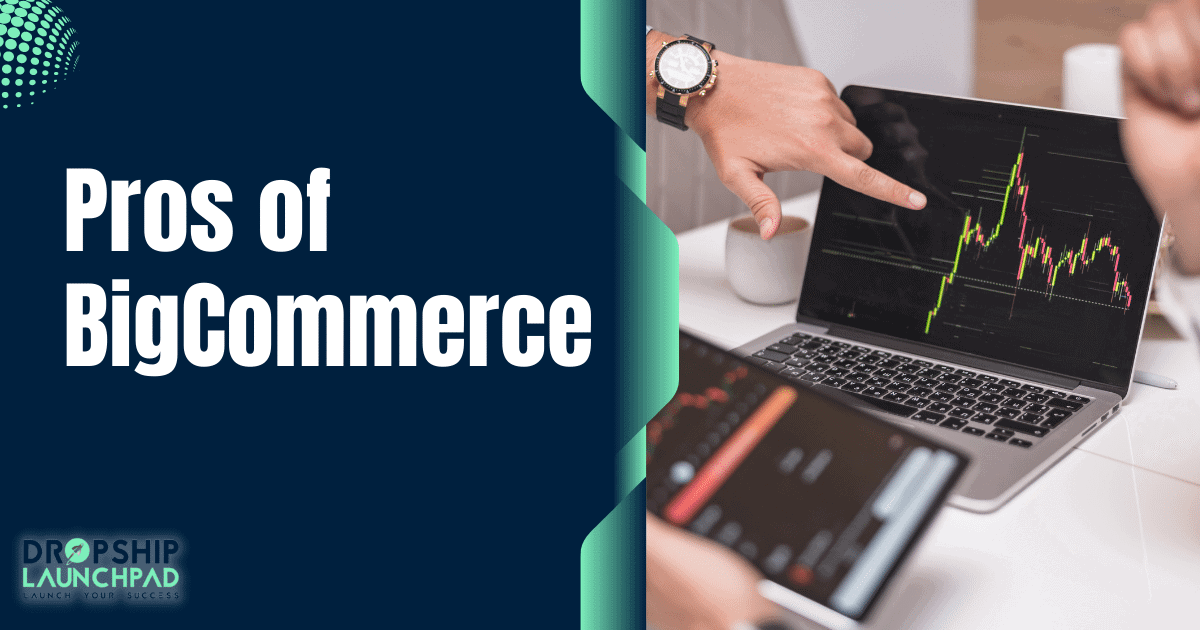
- Provides the core functionality that growing companies require without relying on third-party applications
- Transaction fees are not charged, so you keep more of your hard-earned money.
- Lots of integrated features to make selling online easy.
- Powerful SEO features available to boost your BigCommerce store ranking.
- Rapid growth capabilities and Multichannel selling options.
- Supports up to 600 product variations.
Cons of BigCommerce:
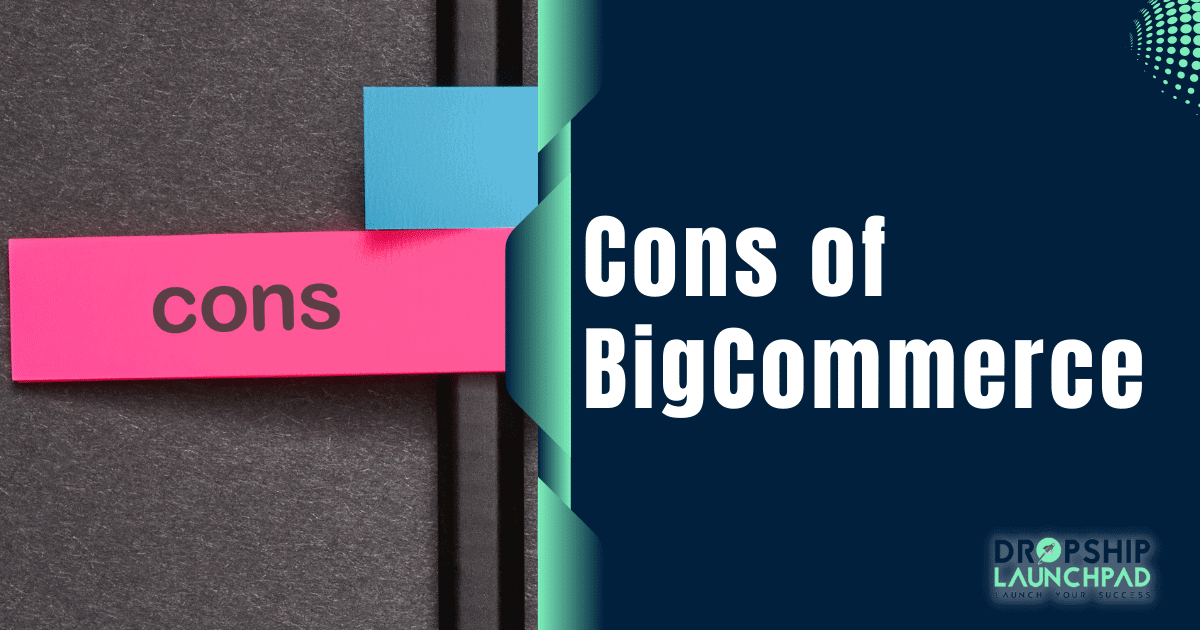
- Its complex terminology makes it difficult to use for beginners.
- For best results, you will need some knowledge of coding.
- Store themes don’t vary much between each other.
- Its Features options are less customizable than Shopify’s.
- Each BigCommerce plan has a sales threshold – if you exceed it, you pay more.
- Creating multilingual stores with BigCommerce is difficult.
- Beginners may have trouble with the interfaces.
So far, I’ve given you some helpful tips – stay tuned because I’m not done yet! There are other things out there besides just social media tools like email marketing services or call tracking software which could help save time when running a successful B2B campaign.
BigCommerce vs Shopify: Google Trends Analysis
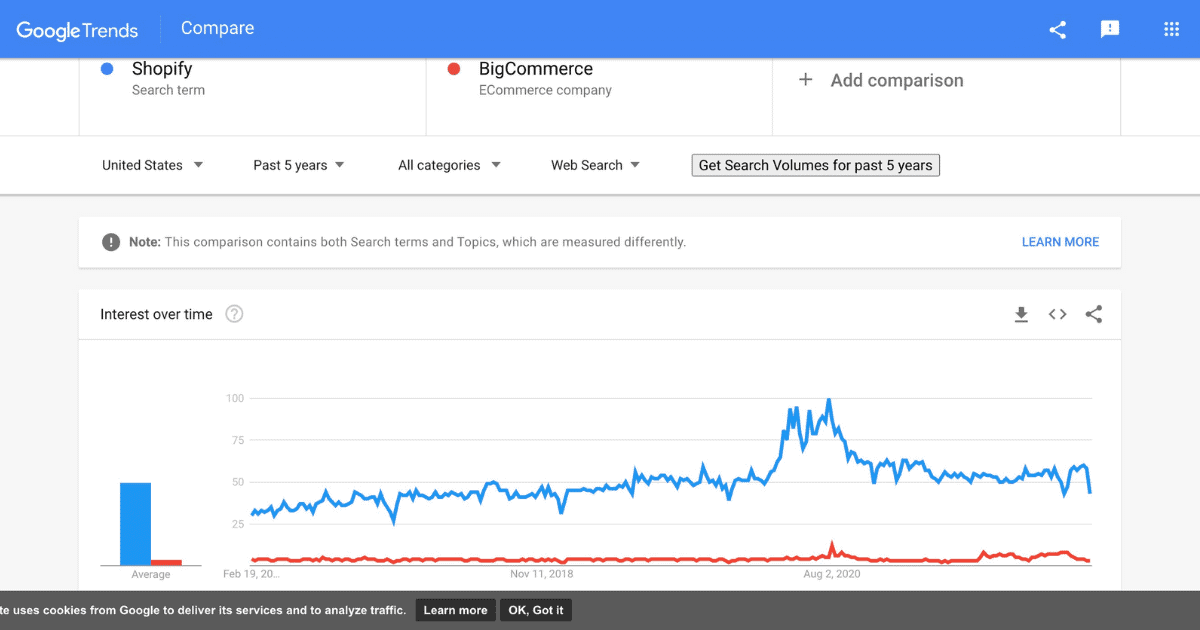
Let’s take a look at Google Trends analysis of both platforms. We’ll begin by looking at interest over time in the USA and worldwide for the past five years.
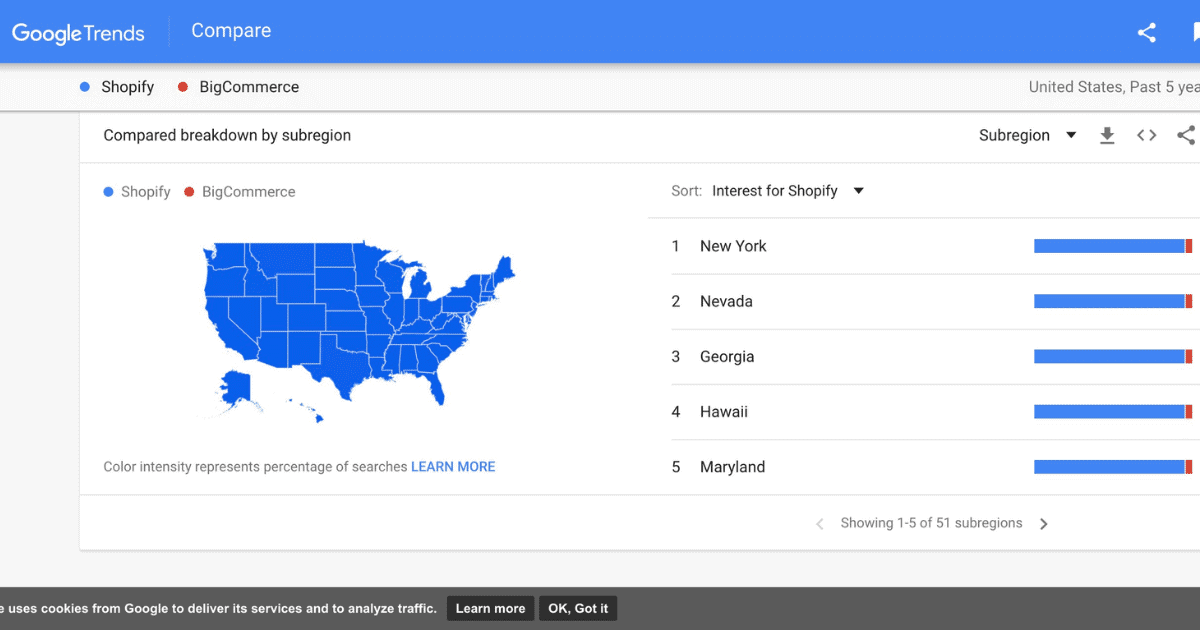
Now we’ll look at the search volume index of both BigCommerce and Shopify eCommerce platforms. It’s a representation of how frequently specific keywords are entered in comparison with others. Basically, it shows how big is the user search volume for a particular keyword compared to other words.
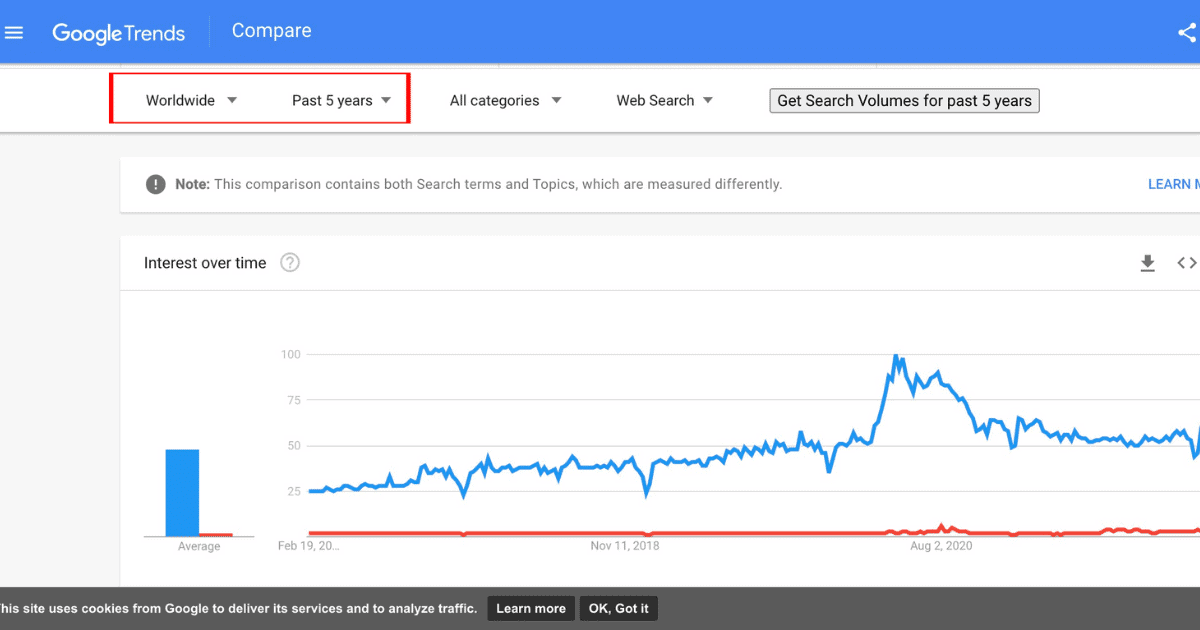
Shopify has much more frequent searches than Bigcommerce, as shown by Google Trends Index measurement. Both results show that Shopify has a tremendous interest over time, Bigcommerce is far behind. Google Trends analysis indicates that Shopify has searches 15 times more than bigCommerce.
BigCommerce vs Shopify: Some other Comparisons
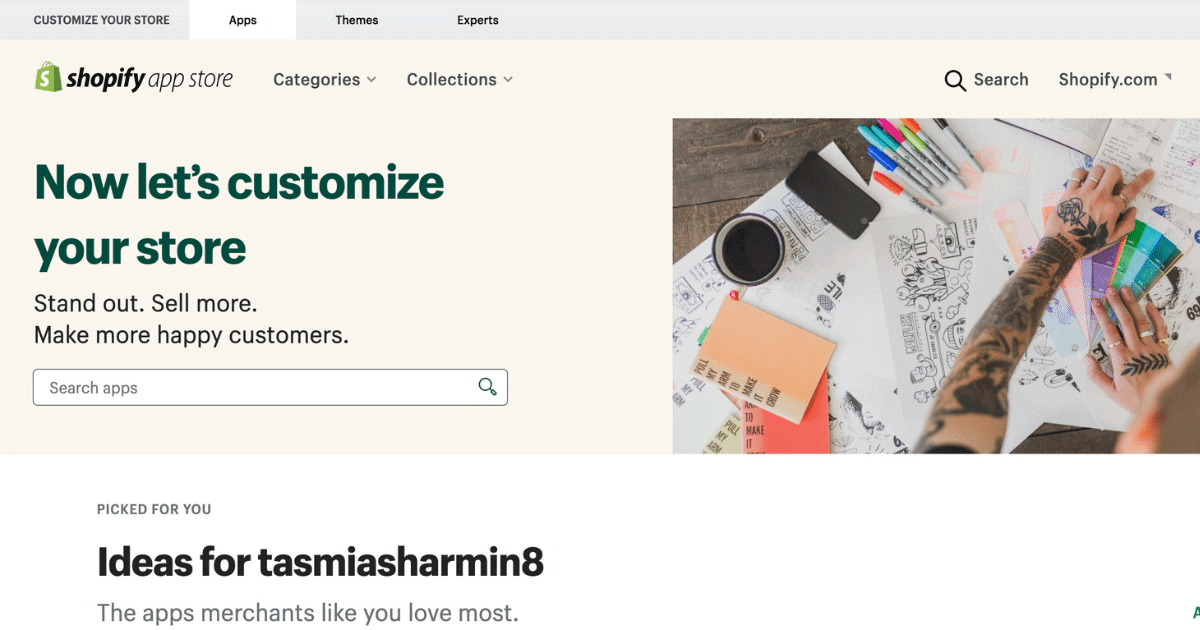
Apps store
Although both platforms have many features, you can add apps that give you even greater possibilities.
With more than 6000 apps to download, Shopify is an app store paradise for eCommerce retailers. The extension can improve conversion rates and marketing strategies with its ability to do search engine optimization (SEO) as well as customer retention by allowing users access directly from their social networks or via third-party software.

There are 873 apps available in the BigCommerce App Store to enhance the functionality of your store. 19 categories are covered by this extension, including financial management, merchandise, channels of sales, etc.
POS solutions

Though most businesses operate primarily online, that doesn’t mean you can never make offline transactions.
If we compare Shopify themes with BigCommerce themes and CSSs, then remember to consider the POS too!
When it comes to using a POS solution with a BigCommerce store, you’ll need the help of third-party platforms like Square and Shopkeep. On the other hand, there’s no need for this type of integration regarding Shopify products because they already have their built-in features that can perfectly do everything retailers need without involving additional software or hardware!
Shopify is an excellent platform for online stores, and they have a great Shopify POS solution as well. They have a tremendous retail solution that can help you manage your inventory and sales in-store. Plus, they offer some great features like order tracking and customer management that can come in handy when you’re running a busy shop. If you want a comprehensive eCommerce platform, then Shopify is the way to go.
Mobile Apps

As the world grows in mobile use, there’s likely to be an online shop built to make the best use of this mobile revolution. This means your customers can shop online with a smartphone without worrying.
Both platforms support smartphones; there are barcode scanners available depending upon what type of user interface (UI) is desired for creating your shop. It will help create and manage an entire store within seconds.
You could, however, make sure BigCommerce and Shopify also have applications you can also install on them. As an application for mobile businesses, Shopify has many more features.
Background information

How can you compare BigCommerce to Shopify? This question should not surprise you too much, though. Shopify or Bigcommerce is a good choice. They have some fantastic features but are very inexpensive to use, and they are also very user-friendly. Today they’re one of the fastest-growing technology companies in the world.
At the end of May 2021, the company reported that over 1,700,000 businesses used it in approximately 175 countries.
There were 60,000 BigCommerce stores in 120 countries as of June 2020.
User Experience and Design
To compete with other retailers, it is necessary for your store’s design and layout of products on display, and behind-the-scenes operations such as updating stock levels, etc., should be attractive enough so customers will choose you over competitors.
Both Shopify and BigCommerce offer free and paid themes. All are very stylish. The Shopify theme is organized in various categories so that you will have the option of choosing an appropriate theme that will suit you best.
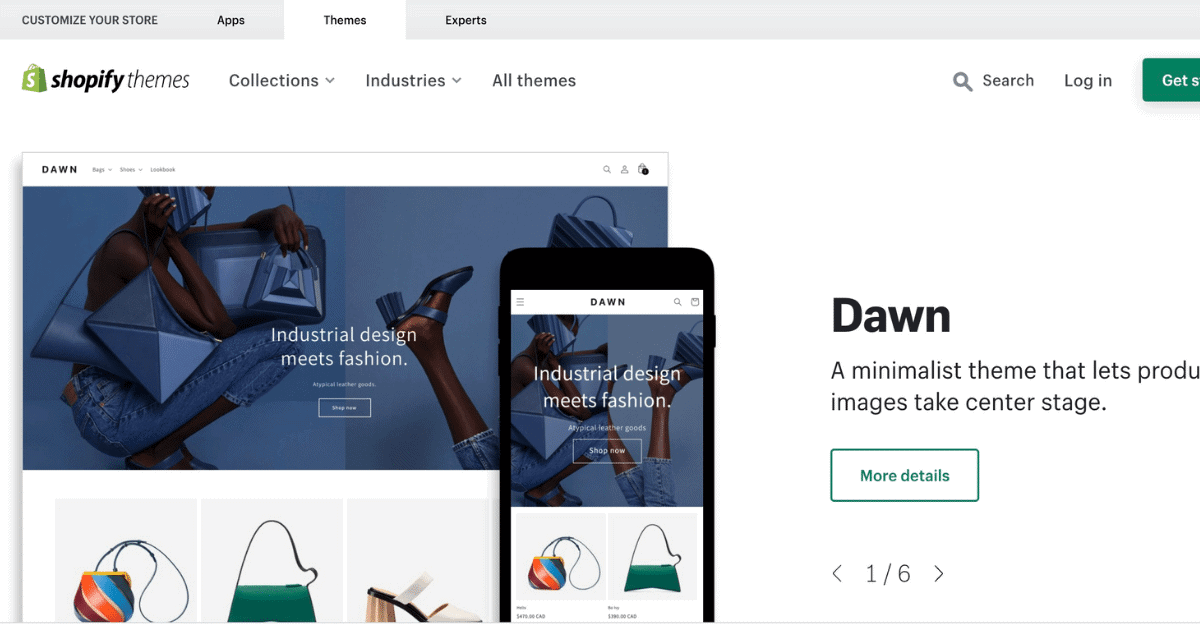
Third-party designers are primarily responsible for designing the Shopify themes. Premium themes usually cost between $80 and $200 and are typically one-time payments.
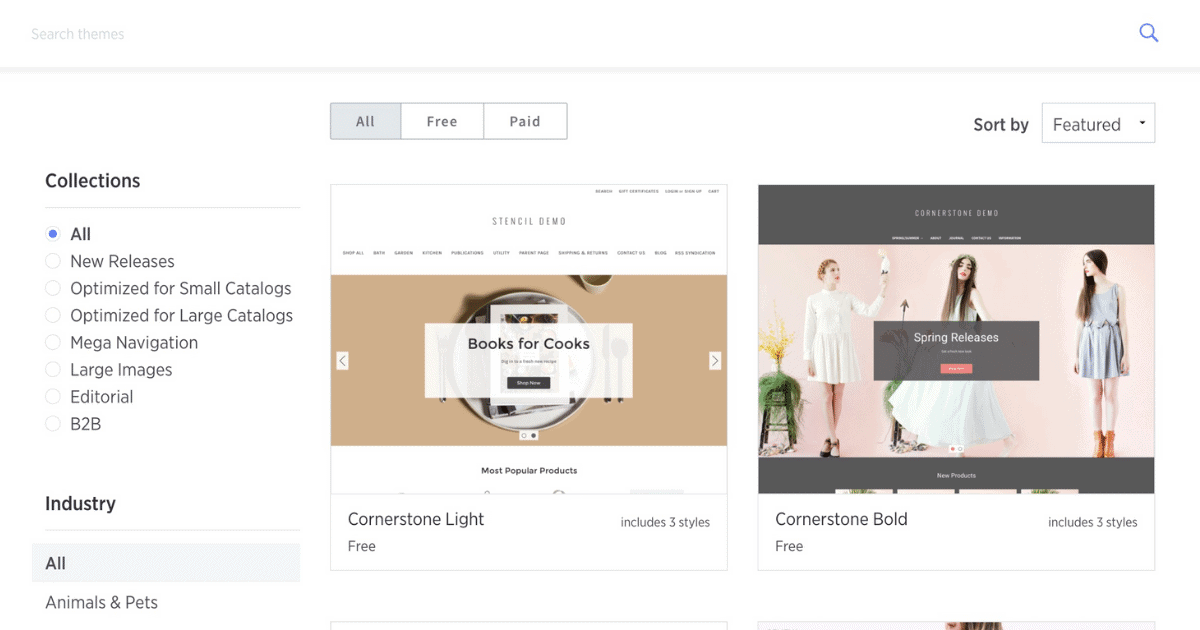
A paid theme of BigCommerce templates will generally be priced similarly to a Shopify theme. Nevertheless, some premium themes are more costly, sometimes approaching $300.
For the most part, adding products to your store is a pretty straightforward process in Shopify compared to BigCommerce.
Payment processing
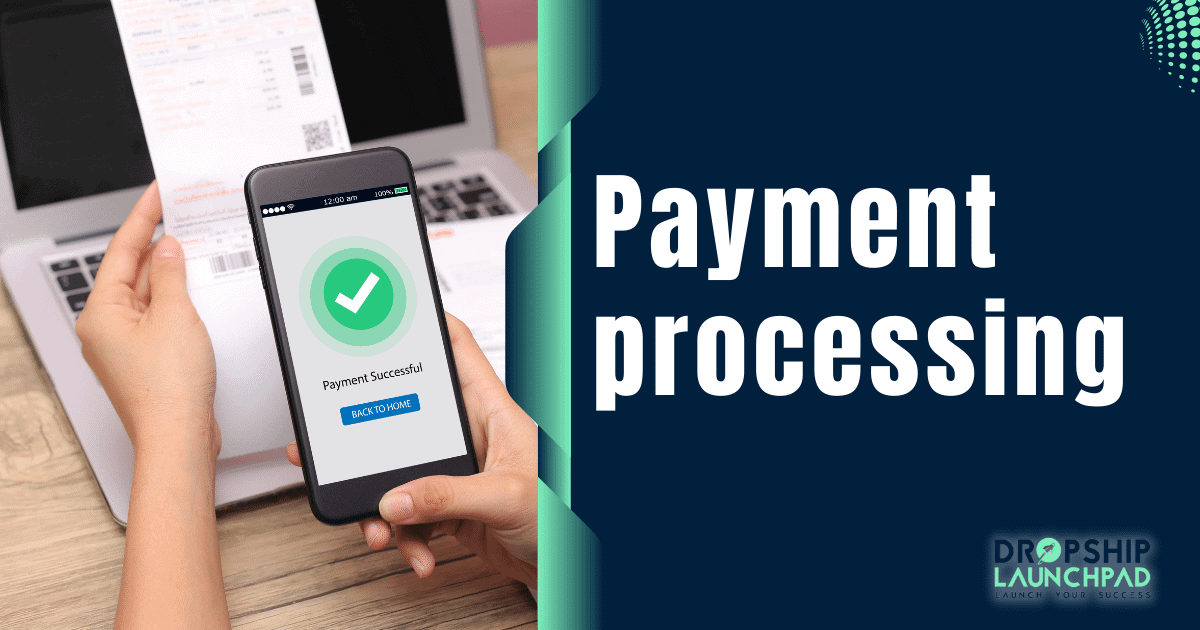
Moreover, the ideal online shop needs various payment methods to process payment.
BigCommerce has over 65 pre-integrated gateway solutions available in its portfolio. This program supports almost 100 countries and more than 250 regional payment modes. You can also provide customers with numerous choices for shopping. BigCommerce offers a simple one-click payment system with payment options available.
Since Shopify is the market leader in e-commerce functionality, it’s probably no surprise that they offer a wide variety of payment options. Shopify payments service is the only one with no transaction fees, even though there are over 100 other providers you can integrate. So, it’s a downside for the industry leader.
Buy buttons
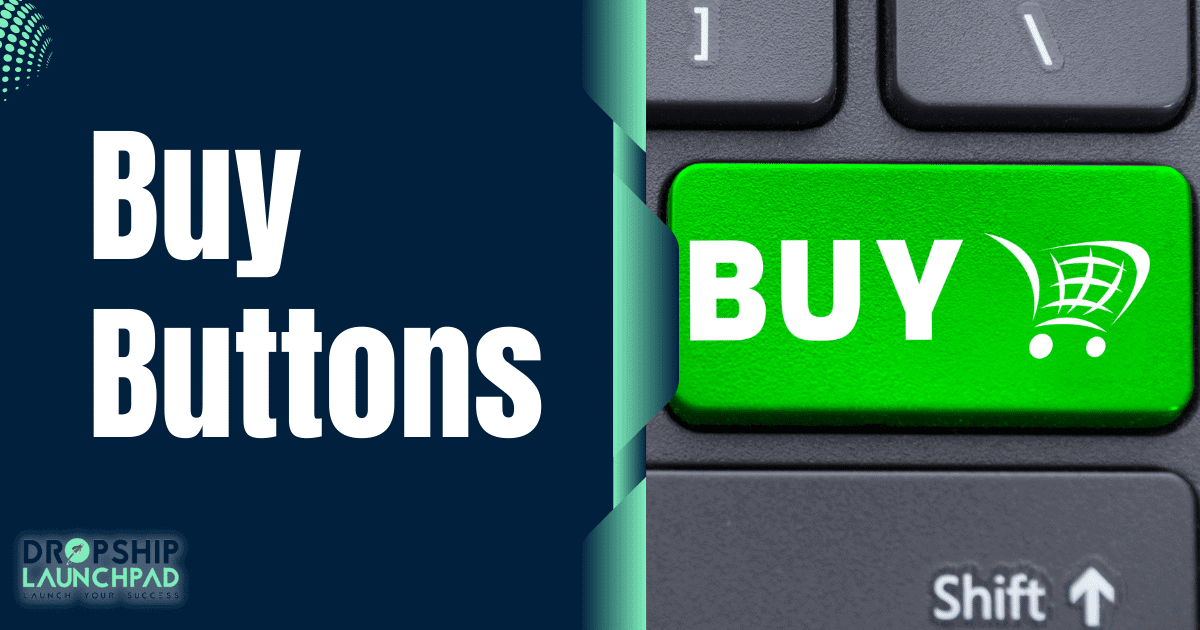
Shopify and BigCommerce offer businesses several ways to earn online. The company provides many different ways to sell its products or services online. For many smaller businesses, the most compelling way is by using a “Buy button.”
The Shopify Lite app lets you add a purchase button directly to your website using the same HTML code you use on an older website. So, it’s easy to direct a customer to the store.
You must install a Buy button app to add an external buy button to BigCommerce, but after that, the process is straightforward.
Customer Support
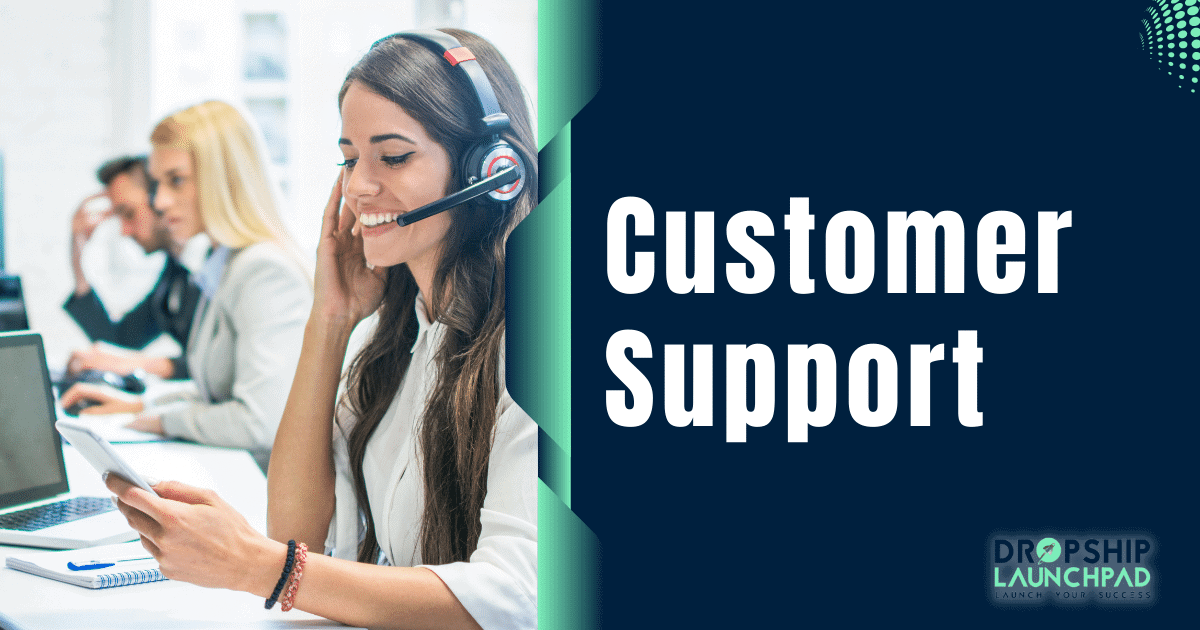
To ensure that your business can offer the best services and products, it is essential to research E-Commerce site customer support solutions.
Both BigCommerce and Shopify supports offer similar features, including Live chat, forum communities, FAQ pages, and even email support. Both companies also provide phone support. However, in our experience, Shopify has been a bit more responsive and helpful.
Shopify is also known for offering a user-friendly platform that is easy to use even for those who are not tech-savvy. This makes setting up and managing your store a breeze.
BigCommerce Vs Shopify: Which is easiest to use?
The basic information is the same for BigCommerce and Shopify, and the two platforms offer simple content management tools. BigCommerce and Shopify dashboards have a clean layout with helpful tools and information. Shopify has proven to be more user-friendly and more accessible than BigCommerce. Since BigCommerce has more flexibility, it is also less suitable for beginners.
What to see before choosing a platform for your eCommerce business.
There are a few things to consider when choosing the right eCommerce platform for your business. Here are a few key points to think about:
Does the platform offer everything you need?
Make sure the platform you choose offers all the features you need to run your business. It should have everything from a built-in shopping cart to detailed analytics and reporting tools.
Is it easy to use?
We recommend a platform that is easy to use so you can focus on running your business rather than learning how to use it. Look for platforms that are user-friendly and have helpful tutorials and support options.
Is it scalable?
The growth and changes of your business are inevitable over time. You should choose a platform that offers high scalability, so you aren’t forced to switch platforms in the future. Most platforms provide enterprise-level features, making them scalable for any business size.
When should I use Shopify over BigCommerce?

The eCommerce industry has many options from how many payments processing companies to which store building platform. If you are still confused about BigCommerce or Shopify, you can get our help. BigCommerce is generally preferred by companies seeking no transaction costs. Shopify is suitable for businesses seeking an e-commerce platform that is easier to use.
Shopify managed to stand out in terms of its simplicity, making it very good for beginners. As well as this, Shopify has a much larger community than BigCommerce. Wherever you look, there are always people who can help you when any issue arises.
If your business is looking to sell a wide range of products, then Shopify is the platform for you.
BigCommerce Vs Shopify: Which eCommerce platform is better for you?
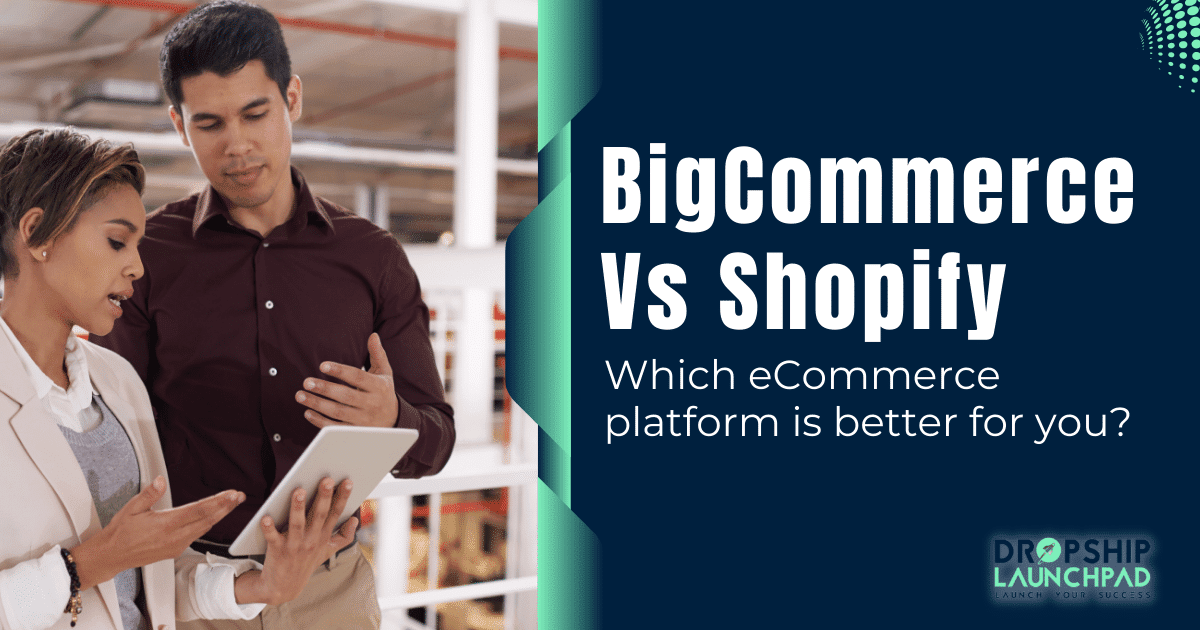
BigCommerce has made an e-commerce mark, and Shopify is a top-notch platform. It’s challenging to know which platform best fits your online shop. This is our primary reason for researching these sites, testing them ourselves, and inviting people in groups to do it. Our team also reviewed BigCommerce and Shopify’s pricing features, design, and customer support.
Shopify has a lot of advantages. Many people think that Shopify has become one of the most effective e-Commerce tools in the industry.
The Shopify platform is the best option to make your first sale quickly and easily. It is simple to set up and run, so you can start selling products immediately. Plus, Shopify comes with a wide range of features that will help you grow your business online.
For eCommerce stores that require more flexibility and control, BigCommerce might be a good choice. The only drawback is that it may be a bit harder to use than Shopify, so it may take longer to get started.
Q&A about BigCommerce vs Shopify
Q1: How is BigCommerce different from Shopify?
Answer: The main difference between bigcommerce and Shopify Basic is that bigCommerce does not restrict staff accounts. Product, storage of files, bandwidth, they’re unlimited. Don’t charge any transaction fees. Shopify, on the other hand, charge transactional fees.
Q2: Who is Shopify’s biggest competitor?
Answer: BigCommerce is Shopify’s biggest competitor. They offer a similar platform and pricing, and they’re neck-and-neck in terms of market share.
To make your first sale on an online store, store owners need to create an account and set up your online store on any eCommerce platform. Then you need to add some winning products. You can use Shopify’s built-in tools to create a product listing, or you can use a third-party tool like Oberlo to list products from other AliExpress. When your product listing is ready, you’ll need to set up payment processing so you can accept payments from customers.
Shopify offers a wide range of payment processing options, so you can choose the one that’s best for your business.
Volusion also offers excellent analysis and tracking capabilities to track your shop data. WoofCommerce has self-hosted features that give technical challenges and give you more flexibility to control.
Q3: Is BigCommerce the next Shopify?
Answer: BigCommerce is definitely a strong contender in the e-commerce space, but we believe Shopify still holds the top spot. Having said that, it’s always a good idea to explore your options and see what works best for you.
You should be aware that it can be a little harder to make your first sale on BigCommerce than on Shopify. After overcoming that initial hurdle, both platforms are very user-friendly and offer many great features. So, it comes down to what’s important to you and your business.
Q4: Which eCommerce platform is best for SEO?
Answer: BigCommerce, Shopify is both great e-commerce platforms for SEO. However, BigCommerec is better for SEO because it has more built-in features that help you optimize your store for search engines.
Shopify is also an excellent platform for SEO, and there are plenty of ways to improve your store’s SEO performance with the right tools and tactics. The key is to experiment with both platforms to see which one works best for your business and website.
Q5: Do you need Shopify plus for B2B?
Answer: At this time, Shopify does not offer any B2B or wholesale functionality. You’ll need to upgrade to Shopify Plus to access a separate wholesale channel.
Q6: Who is bigger, Shopify or BigCommerce?
Answer: Neither Shopify nor BigCommerce are bigger than the other. They are both great eCommerce platforms that allow you to create an online store.
Shopify is a little more user-friendly and has many great features, but BigCommerce is a little more difficult to use. Whichever platform you choose, make sure to market your store to get first sale on your online store today! You won’t regret it!
Q7: Can BigCommerce integrate with Shopify?
Answer: Integration of BigCommerce and Shopify is possible through Zapier; you can easily share information between both platforms without any coding.
Q8: How many stores does BigCommerce have?
Answer: BigCommerce offers a suite of software services to companies that can help with launching and managing websites and mobile apps for payments and currency exchange. As June 2020, BigCommerce will service more than 66,000 online shops in 121 countries.
Q9: What is the market share of Shopify?
Answer: Shopify accounts for 32% of the market shares for websites based on e-commerce technology.
Q10. How can I open my eCommerce store?
Answer: First, you need to decide what eCommerce platform you want to use. There are a few different options: Shopify, BigCommerce, Magento, and WooCommerce. There are strengths and weaknesses to every platform, so you’ll need to decide which is the best fit for your business. If you decide to use Shopify, you can read the Shopify Dropshipping Business Guide to set up your online Shopify store.
Once you’ve decided on a platform, you’ll need to create an account and set up your store. This process is relatively straightforward, and most platforms have detailed tutorials that will walk you through the process step-by-step.
Your store will need products once you have set it up. Make sure to add high-quality images and thorough product descriptions to help increase conversion rates.
Finally, you need to do some marketing to increase brand awareness and generate sales.
If you’re interested in learning more about marketing, check out this post on What is the best marketing method for dropshipping?
Final thoughts on BigCommerce vs Shopify
BigCommerec vs Shopify: Which is the Right Choice for You? The answer to that question depends on your specific needs and what you’re looking for in a platform.
In case you want a platform that is easy to use and comes equipped with all the bells and whistles, then Shopify may be a better choice for you. Ultimately, it’s essential to do your research and test out each platform before deciding. Thanks for reading!
>> Free! Free! Signup for Shopify free trial here!
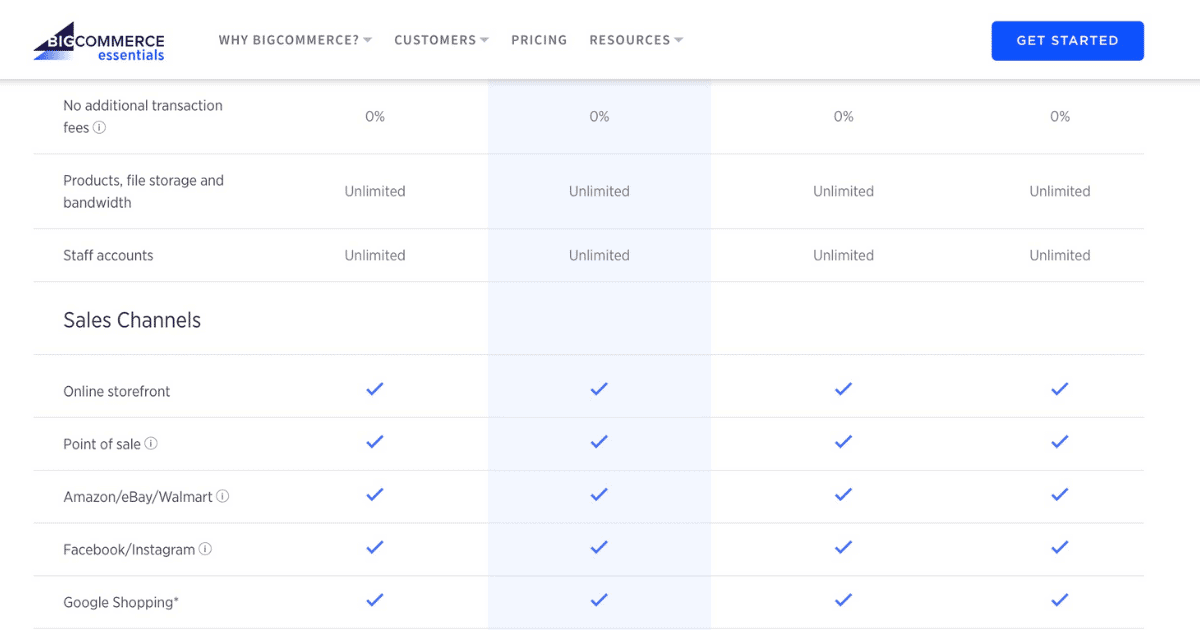
 Shopify vs Shopify Plus: Which Is Best in 2023?
Shopify vs Shopify Plus: Which Is Best in 2023?  Shopify vs GoDaddy: The Ultimate Comparison for 2022
Shopify vs GoDaddy: The Ultimate Comparison for 2022 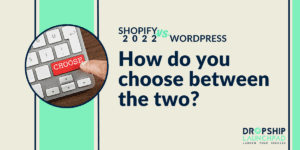 Shopify vs WordPress 2022: How do you choose between the two?
Shopify vs WordPress 2022: How do you choose between the two?  Shopify vs WooCommerce: Which Platform Will Rule in 2022
Shopify vs WooCommerce: Which Platform Will Rule in 2022